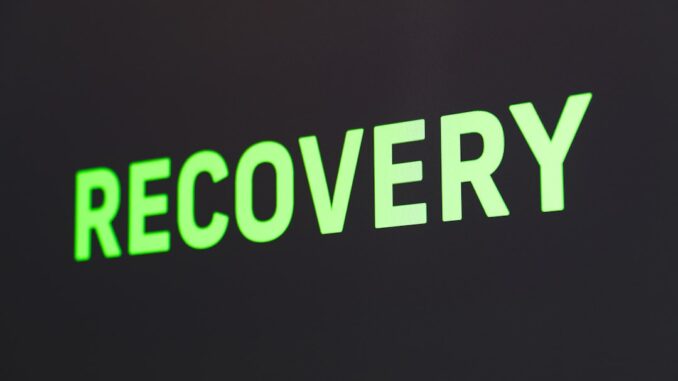
Summary
Trump administration funding cuts harm addiction recovery programs, impacting vulnerable mothers and causing job losses. Recovery advocates criticize the cuts, highlighting the essential role these programs play in helping individuals rebuild their lives. A federal judge temporarily blocked the cuts, but uncertainty remains about the future of these vital services.
** Main Story**
Okay, so the Trump administration’s choice to slash over $11 billion from COVID-era funding? It’s been pretty rough on addiction recovery programs nationwide. Seriously, you wouldn’t believe the impact. These cuts, which landed late March 2025, have forced organizations to make some awful decisions. Layoffs, curtailed services, closures even – leaving really vulnerable people, including mothers battling substance use disorders, in a tough spot. Though a federal judge temporarily blocked things, it’s still uncertain, and honestly, the fear and anxiety are widespread.
Ripple Effects Across the Nation
The funding cuts haven’t just been a minor inconvenience; the fallout is pretty extensive, hitting programs in multiple states. I heard that in Indiana, one org that employs folks in recovery to help others in similar situations, well, they had to let three people go. Three people! A digital support service in Texas nearly had to shut down its 24/7 call line. Think about that for a second: someone in crisis, nowhere to turn. And in Minnesota, outreach to vulnerable individuals in the East African community? Way down. Colorado, which had snagged over $30 million, and Minnesota, with nearly $28 million, both saw serious disruptions in their services.
Beyond Traditional Treatment
Here’s the thing: addiction recovery programs aren’t just about the usual treatment. They give crucial support that insurance often doesn’t cover. Like transportation to appointments, court hearings, job training, resume help, even housing assistance. And fostering healthy social connections, which is HUGE. It’s about helping people rebuild their lives by tackling the root causes of their substance use. Isn’t that what its about?
Mothers in Crisis
It’s the pregnant women and mothers who’ve been especially hard hit. Racquel Garcia, who founded HardBeauty in Colorado, which is an addiction recovery org, spoke out about it. She said these programs are so important for helping vulnerable mothers. I mean, imagine telling a mom in need that you can’t help her because of budget cuts. It’s heartbreaking. HardBeauty was facing a $75,000 grant cut, which jeopardized their ability to care for pregnant women with substance use disorders in two rural Colorado counties. That’s scary, it is.
Jobs Lost, Futures Uncertain
And it’s not just the services; people are losing their jobs too. I was talking to someone at Young People in Recovery, a national nonprofit, and they said they’ve had to dip into their reserves and cut back on community events. Syringe cleanups, naloxone distribution, everything. And because they don’t know what the future holds for funding, it’s hard to rehire people and get those services back up and running. So everyone’s just stuck in limbo. What happens now?
Long-Term Impacts
Experts are saying this’ll have consequences for a while. It’ll make it harder for people to get back into the workforce and achieve stability. Research shows that recovery programs, especially those run by people with lived experience, they can improve treatment engagement, reduce recidivism, strengthen family reunification, and just promote overall well-being. Cutting funding undermines all of that, leaving individuals and communities more vulnerable.
That temporary block from the judge? A little bit of hope, sure. But the future of these programs is still up in the air. And, frankly, it’s a shame. People are pushing for sustained funding because these services are essential for helping people, families, and communities recover and thrive. We need to make sure they get the support they deserve. It’s the least we can do, and honestly, it’s an investment in a healthier, more resilient society. We can’t afford not to.


Be the first to comment